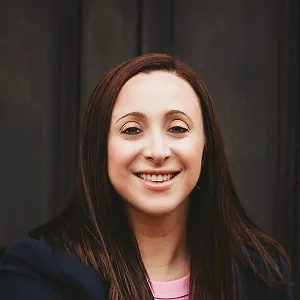Your Child, Your Voice: Building Confidence to Advocate for Their Growth and Learning

Constantly improving your practice and staying up-to-date in your area of expertise is hard work. But for many of us, finding balance between work and home life feels even harder. As professionals, we strive for excellence. We work long hours, attend trainings, seek out growth—all in the name of “doing our best.” But when we pause to ask ourselves why, the answer becomes clear: we want to support our children. We want to become the best versions of ourselves so we can model what we hope to create for them.
This goal—being there for our children, guiding their development, and ensuring they feel safe and supported—lies at the heart of advocating for their educational and developmental needs.
Why Advocacy Matters
If your child is receiving speech and language services, special education support, or you're simply navigating concerns about how they learn and communicate, your role as a parent is essential. Your voice is powerful, and it belongs at the center of every conversation about your child.
Collaborating with professionals—speech-language pathologists, special educators, general educators, and others within the school system—should feel like building a team, not facing a panel. Much like seeking second or third opinions in the medical world, there is absolutely nothing wrong with asking for more information, exploring different perspectives, or needing more time to process decisions.
When it comes to your child’s learning and well-being, you deserve to feel empowered with the right tools, knowledge, and confidence to help shape the decisions being made.
When Meetings Get Tough
I’ve been in many team meetings where the tone shifts—where a conversation becomes about pushing one agenda over another, instead of centering on the child. It doesn’t have to be this way. In fact, it shouldn’t be.
You are your child’s most consistent and invested advocate. Ask questions. Then ask again. And if you’re unsure, keep asking. This is your child’s learning, their growth, their future. No one understands their uniqueness better than you do.
How I Can Help
I’m here to support you—not just as a professional, but as someone who deeply believes in the power of collaboration and compassion. Whether you’re navigating your first IEP meeting, wondering how to ask about speech-language support, or feeling overwhelmed by all the terminology, know this: you don’t have to do it alone.
Together, we can make sure you have the information, the support, and the confidence to advocate for your child in a way that leads to real, positive outcomes.
Explore More Insights
Related articles for your parenting journey.

Discover How To Help
Your Child Thrive
Personalized care and guidance are just a click away.



